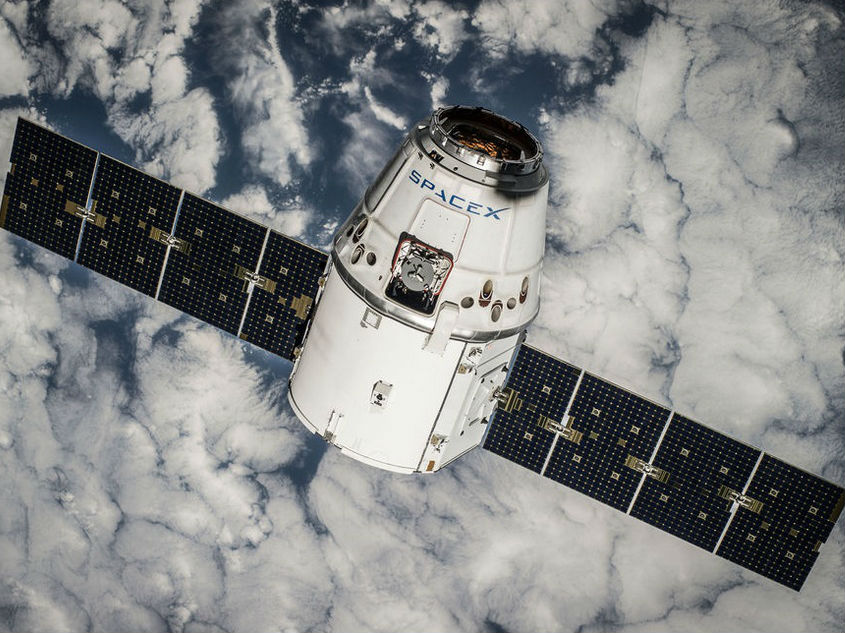SpaceX, OneWeb Offer Up Satellite Broadband Coexistence Plan
Ask FCC to approve both companies’ applications for round two of LEO satellite tech

The smarter way to stay on top of the multichannel video marketplace. Sign up below.
You are now subscribed
Your newsletter sign-up was successful
Elon Musk's SpaceX (Starlink) and OneWeb, each of which are deploying competing low-earth-orbit (LEO) satellite systems for delivering broadband, have told the FCC in a joint letter that they have come up with a coexistence plan.
The Federal Communications Commission had authorized both companies to launch service in 2016, and both have applied for second-generation systems.
“After extensive good-faith coordination discussions, the Parties are happy to inform the Commission that they agree that their respective first-round systems can efficiently coexist with each other and that their respective second-round systems can also efficiently coexist with each other while protecting their respective first-round systems,” the companies wrote.
SpaceX and OneWeb both asked the FCC to quickly approve their respective second-round applications, saying their agreement negates all prior comments either party had made.
The FCC, under both Republican and Democratic chairs, has been supportive of nascent satellite broadband providers looking to compete with terrestrial ISPs using clusters of small non-geostationary satellites.
Other companies it has given the green light to include Space Norway and Telesat. ■
The smarter way to stay on top of the multichannel video marketplace. Sign up below.
Contributing editor John Eggerton has been an editor and/or writer on media regulation, legislation and policy for over four decades, including covering the FCC, FTC, Congress, the major media trade associations, and the federal courts. In addition to Multichannel News and Broadcasting + Cable, his work has appeared in Radio World, TV Technology, TV Fax, This Week in Consumer Electronics, Variety and the Encyclopedia Britannica.

